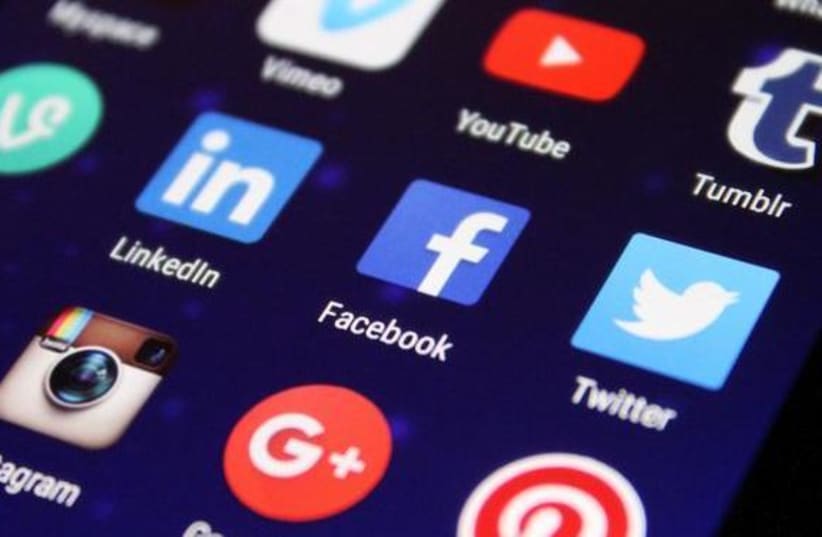Social media is a completely different world compared to recent years. With the extensive and growing list of new media platforms, the consumption of content - and the spread of false information - is changing extensively.
New technological advancements have pushed consumers into online communities that are comprised of other like-minded groups and individuals. This goes far beyond more established platforms like Facebook, Twitter, and YouTube, because these groups turn to alternative social media when they believe their freedom of speech is limited on mainstream platforms.
In a recent study from the Pew Research Center, examined seven alternative social media sites – BitChute, Gab, Gettr, Parler, Rumble, Telegram and Truth Social – finding that 6% of Americans actively received from at least one of these sites.
About 65% of these news consumers feel comfortable having found a community of people there who share their views. However, this is where things get a little more sticky.
This same study found that these sites are indicative of partisan division in the United States today. News consumers do not feel that they are seeing enough of their personal views portrayed in media, no matter of extreme, on either end of the political spectrum.
An overwhelming majority of those depending on one of these seven social media sites lean more toward the right wing on the American political scale - usually Republicans, or leaning toward the Republican Party. On the opposite end of the spectrum, the historically more-established site hosts Democrats.
Though there increased number of alternative sites, providing a channel for any number of keenly specific views has become more of a threat to the flow of accurate and factually-proven information. About half (54%) of the accounts present on these alternative social media sites identified strongly enough with their political affiliations that they listed it clearly on their profile.
Roughly one-quarter (26%) of users expressed more right-leaning political orientation. More specifically, these individuals outwardly expressed their support for former President Donald Trump.
The remaining users expressed views geared toward "pro-America" or patriotic views (21%), actively identify with a specific religious identity (21%), comments about freedom or liberty (7%), pro-gun or pro-Second Amendment sentiments (6%), or support the set of conspiracy theories known as QAnon (6%). Naturally, these users overlap in multiple areas of interest.
Here's how these platforms create grey areas in news-sharing
Many of these platforms use their beliefs that freedom of speech is restricted elsewhere. Many of these platforms promote freedom of speech, though many of the users turning to these unique channels have been previously banned from mainstream sites like Twitter for consistently posting misinformation, hate speech, and a slew of other possibilities.
Now, turning to these platforms will likely lead users to one of five areas of interest. The study concluded after an extensive probe into keywords just what topics were blowing up message boards more than others. Some of these include abortion, guns/gun control and shootings, the Jan. 6, 2021, attack on the US Capitol (and related hearings), LGBTQ issues, and vaccines.
These platforms appear to largely serve as a space for those who vehemently disagree with ideas being discussed by the general public, on both ends of the political spectrum. It is on these platforms that users gain traction when spreading information with little-to-no real factual evidence.
Additionally, these platforms have become a space for widespread skepticism that has only grown more prominent through the growth of these channels. The belief that the 2020 US election was "stolen," concepts of microchips being placed in vaccines, and even conspiracy theories (with no clear understanding of how they began) all further developed on these platforms.
Though these platforms may not be reliable sources of information for the typical internet user, they have become breeding grounds for individuals who feel that they are missing a platform to discuss more extreme views. Alternative social media sites have become the catalyst of the flow of misinformation, catering to the specific needs of news consumers who would not typically go out of their way to check multiple sources for accuracy.

